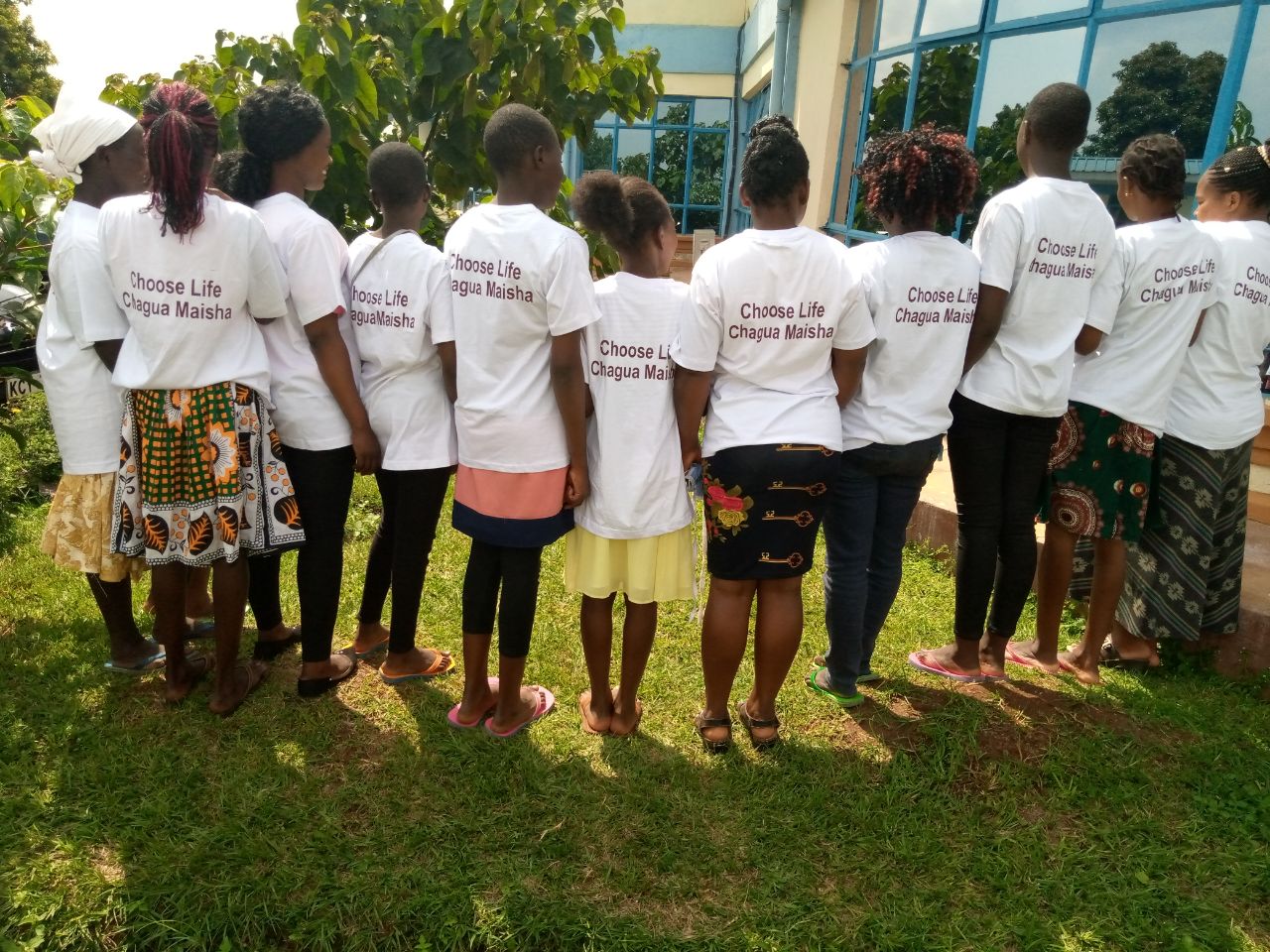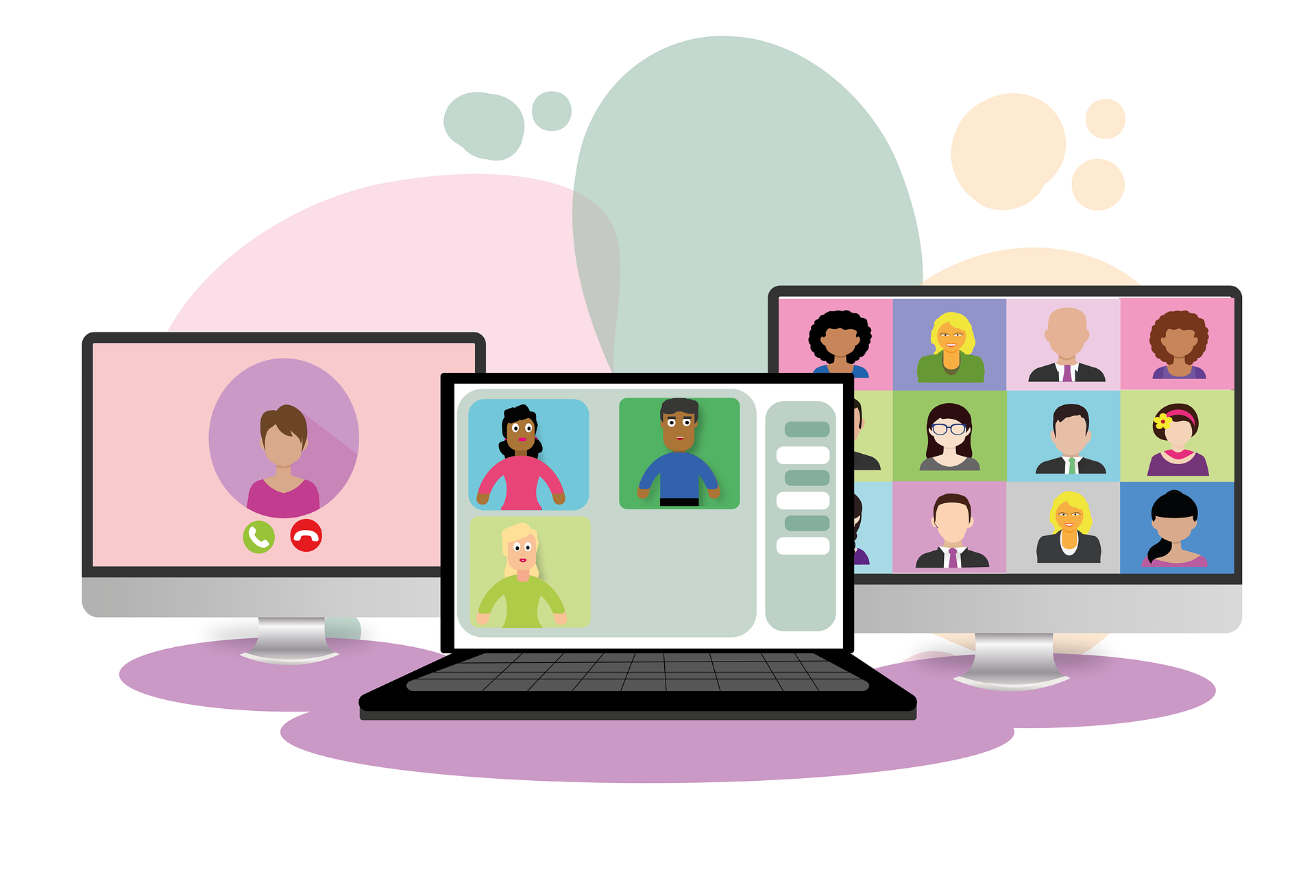Education for empowerment and development
If you educate a man, you educate an individual. But if you educate a woman, you educate a nation -African proverb Basic education is a right for both boys andSustainable agriculture for food security
At ACLAD, we strive to ensure that families in every community always have access to sufficient and nutritious food. We partner with Bio-Gro USA to enhance community resilience in foodEconomic empowerment through viable income generating activities
According to Wallerstein[1] (1992), empowerment is a social-action process that promotes participation of people, organizations and communities towards the goals of increased individual and community control, political efficacy, improved qualityTowards achieving availability and sustainability of water and sanitation for all, especially vulnerable persons
According to UNICEF[1], there are three things essential for the survival of children- clean water, simple toilets and good hygiene practices, because illnesses related to water and sanitation are among
Empowering adolescents to Chagua Maisha!
Teaching peers is one of the best ways to develop mastery. The Encyclopedia of the Sciences of Learning[1] defines peer learning as a situation where peers from similar social groupings,
